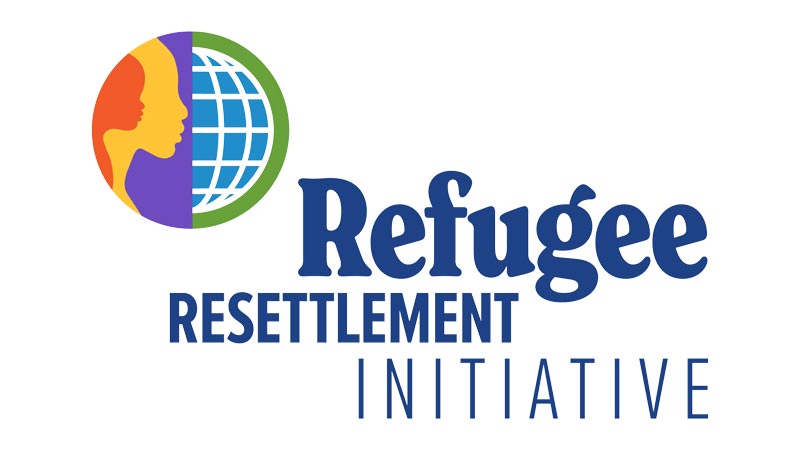The Refugee Resettlement Initiative

About the NASH Refugee Resettlement Initiative (RRI) (2021-2025)
The NASH Refugee Resettlement Initiative (RRI) operated between August 2021 and February 2025, supporting refugee and forcibly displaced students, scholars, and families newly arrived in the United States. Leveraging the scope and scale of NASH member systems, the initiative aimed to build a national movement to expand the number of welcoming campuses across the country. It provided support through workforce development programs, scholarships, sponsorship opportunities, temporary housing, and more. The RRI regularly convened institutions, systems, and state actors, engaging volunteers and staff who might not have otherwise seen themselves as partners in the welcome and resettlement landscape.
Why was the NASH RRI created?
The arrival of over 100,000 Afghans and 100,000 Ukrainians in the United States within short periods of time created a critical opportunity for institutions of higher education (IHEs) to collaborate, develop action plans, and establish welcoming communities that promoted inclusivity both in response to immediate needs and for the long term.
NASH and the Power of Systems began mobilizing in October 2021 to forge a government-university coalition focused on addressing urgent needs—primarily sponsorship and housing—for refugee families. Initially concentrating on 14 states designated by the U.S. Department of State for Afghan resettlement, NASH worked to expand the number of welcoming systems and campuses, build an efficient support ecosystem in collaboration with key partners, and advocate for state and federal resources to help IHEs respond swiftly and establish themselves as long-term resettlement partners.
